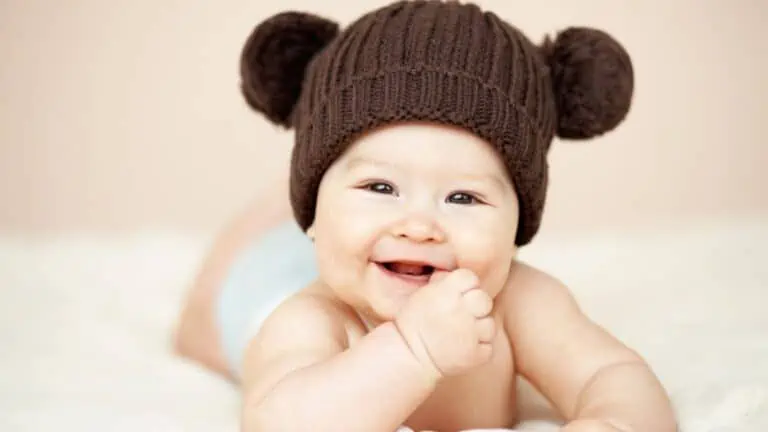23 Things a Parent Should Tell Their Child Every Day
This post may contain affiliate links. As an Amazon Associate, I earn from qualifying purchases.
While words may not physically break bones, they undoubtedly possess the ability to fracture a child’s spirit. An emotionally wounded child often transforms into a wounded adult, inadvertently perpetuating the cycle of causing hurt, as we have come to understand. It is crucial for children to receive affirming and supportive words, especially from those entrusted with their care.
An online conversation starter wanted to know, “What’s something that every parent should tell their child?”
1. It’s OK To Make Mistakes

A child should not grow up being made to feel like they have to be perfect and that mistakes are not allowed in their lives.
2. Mistakes Will Help You Learn

An online commenter who’s also a teacher says, “I emphasize that the learning happens when we find and fix our mistakes. And when I make a mistake in front of them, I acknowledge it – and they encourage me. “Good job, Mrs. Rhymes, you helped your brain grow! I get so much satisfaction out of being the teacher I wish I had had.”
3. Parents Can Be Wrong, Too
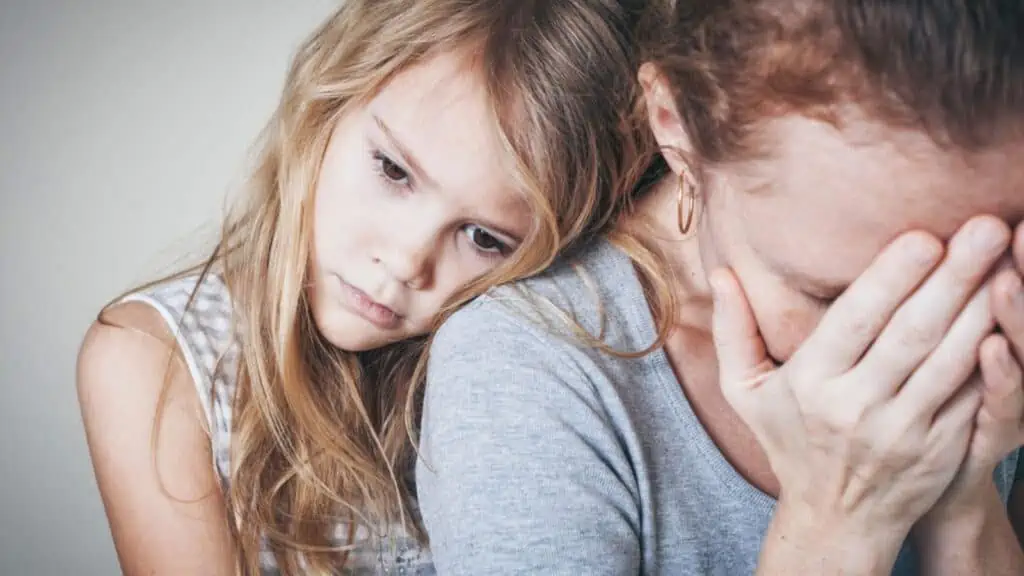
One of the reasons we dislike Matilda’s dad is his “I’m smart, you’re dumb, I’m big, you’re little, I’m right, you’re wrong” attitude. A child needs to hear parents admit that they, too, are human, make mistakes, and misjudge a situation.
4. We’re All Human

This doesn’t just go for parents; help your child see that bigger kids and adults can make mistakes- and some don’t deal with it well. That is not your child’s problem, and make sure they know that!
5. I’m Sorry

There may have been a time when parents didn’t apologize to their children, but those times should be forgotten. Children must learn to apologize from their parents, or they’ll grow up to be adults who never admit they’re wrong.
A user says, “A good parent shouldn’t be afraid to apologize to their kid when they’re wrong.”
Someone adds, “If you can apologize to a 3-year-old, you’ve got humility, which, to me, is a very important trait to have as a human being, especially as a parent.”
5. I’ll Do Better Next Time

After apologizing, explain to them out loud how you want to make it better in future situations. You guys can plan a better reaction together to help you both.
6. I’m Always Here If You Need Help
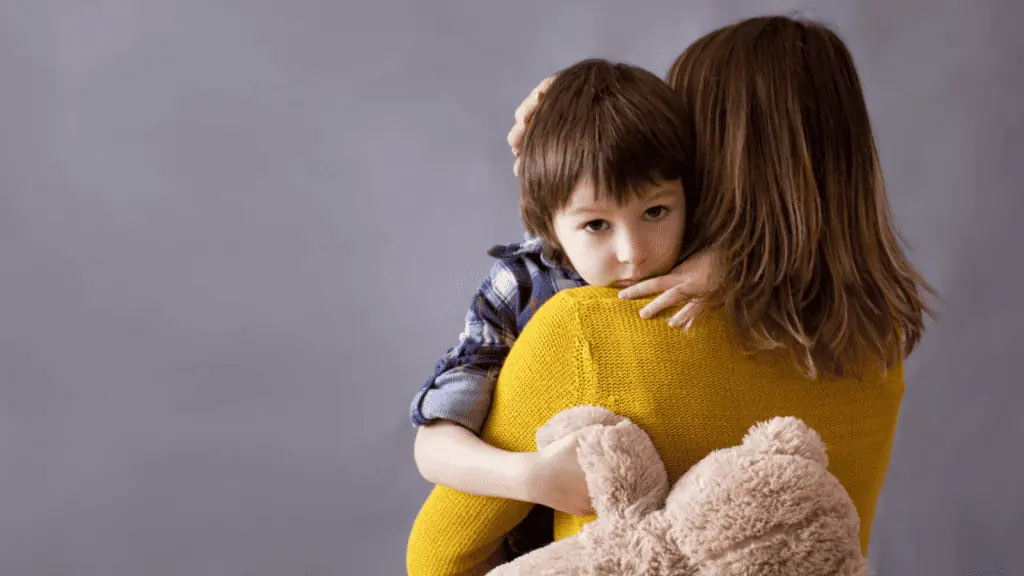
A child should always know that no mistake is too big and that they have a safe place with their parent. This encourages openness and breeds a tighter relationship between parent and child.
A user says a child should be told, “If you make a mistake and need help, come to me.”
“Kids tend to make bad situations worse by trying not to get caught.” They add.
Strict parents who don’t pick their kids up when they err end up bringing up strangers for children.
7. No Problem is Too Small or Silly

A child may feel embarrassed to tell you about something they’re struggling with. Let them know that no situation is too small. This will ensure that if a bigger problem arises you’ll be the first to know.
8. I’m Proud Of You

A child needs to know that they impress their parents and that their efforts are appreciated. A parent must be the child’s biggest cheerleader.
If you haven’t said this to your child, even if they’re now grown up, try it.
A contributor who first heard it from her dad after her graduation and first job says, “I just remember hanging up the phone and sitting on my bed and crying for a good long while because that was the first time I had ever heard him say those two things [I love you and I’m proud of you].”
9. No Matter What You Do…

Letting your child know your love is not conditional is also important. You’ll love them no matter what mistakes or choices they make in their life.
10. Don’t Keep A Bad Secret, Nothing Will Happen To You

People who hurt kids threaten them with harm if they tell an adult [or anyone] what was done to them. Always let your kids know that they should not keep a secret from you and that you will have their backs when they come to you.
A user says a child should be assured, “You will NEVER EVER be in trouble for telling about a secret that makes you feel bad.”
11. It’s OK To Not Want To Do Something

The “something” here doesn’t include not making their beds; they can choose not to do that when living alone. However, forcing a child to hug, kiss, or accompany someone they clearly don’t want to should be avoided.
12. You Can Say NO and Set Boundaries

Kids deserve to be heard and respected. If they don’t want to do something (other than homework) or hang out with someone, that’s okay.
13. It’s Not OK For Someone To Be Mean To You

In a bid to not make our children think someone hates them, we assure them that someone is being mean because they like them. That’s a major fodder for the child allowing people with narcissistic behavior to hurt them in the future.
A conversation contributor says, “Whenever another kid is being mean to them, physically or verbally, don’t tell your child that the other kid was being mean to them because they like your child. Your child might grow up mistaking abuse for affection.”
14. You’re Allowed to Walk Away

Kids should be able to step away from people who don’t have their best interests at heart. Dealing with it or retaliating don’t always work.
15. Not Everyone Will Like You, And It’s OK

Children who expect everyone to like them may become people-pleasers who can’t cope with not being everyone’s BFF.
Every child needs to hear that there are people who will love them unconditionally, and there are people who won’t, and it’s no fault of theirs. They may be everyone’s cup of tea; some will still prefer coffee.
16. Don’t Try to Please Everyone

Tell them to focus on being authentic, and the rest will fall into place.
17. You Are Wanted

Life can get so busy that children get treated like an inconvenience. The work and family see-saw may be stuck on a diagonal, but a child must always be reminded that they’re part of the fulcrum, that they’re valued.
An online user advises telling a child, “You are loved, you are wanted, and regardless [of] how you choose to live your life, I’ll always love you.”
18. Speak Up
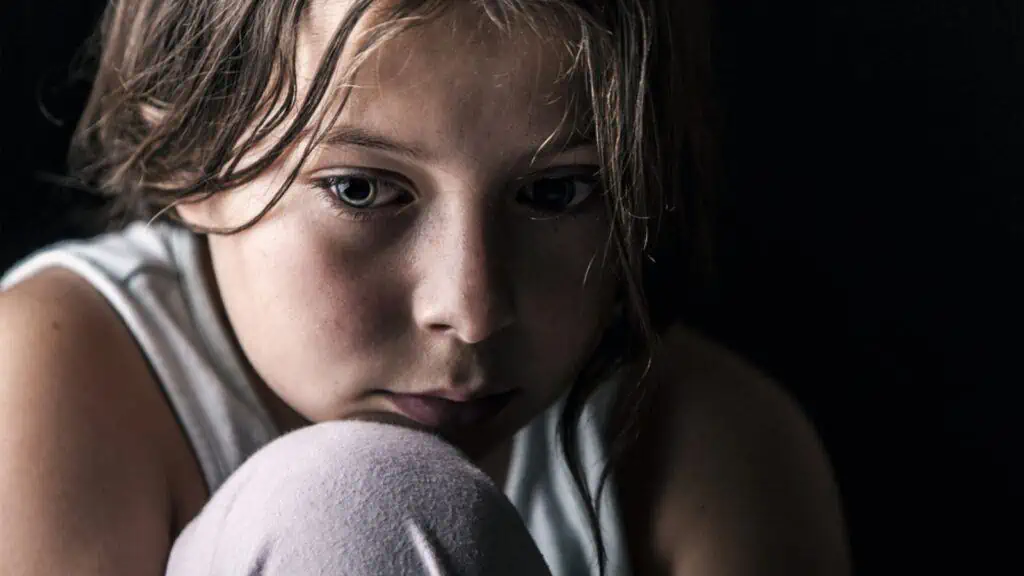
It’s not rude for a child to say what is on their mind; it’s a show of confidence and free thinking. We need more confident, free-thinkers in this world.
A contributor shared, “So many kids are taught it’s rude to talk back to your parents that it sometimes rob[s] them of the confidence to speak up anywhere.”
19. I Love You

Some parents believe that providing food and a roof is enough to demonstrate love. While that’s true, love is best seen and heard.
Tell them you love them, and tell them often. And let them know that they love them for who they are.
An online user says, “Tell them you will always love them no matter what. My Dad told me this repeatedly in a very ham-fisted way. “You could murder someone, and I’d still love you, l would tell what you did is wrong, but I would still love you.”
20. You Are Perfectly Imperfect

No one is perfect; make sure they know that’s a good thing.
21. The Truth

Kids are not stupid; if you keep lying to them, they will eventually find the truth and may hate you for lying.
A conversation contributor says,”[Tell them] The truth. No. Matter. What. Seriously, even if it’s to protect them, lying will only compound the issue or destroy their ability to trust you.”
22. The Correct Names For Genitalia
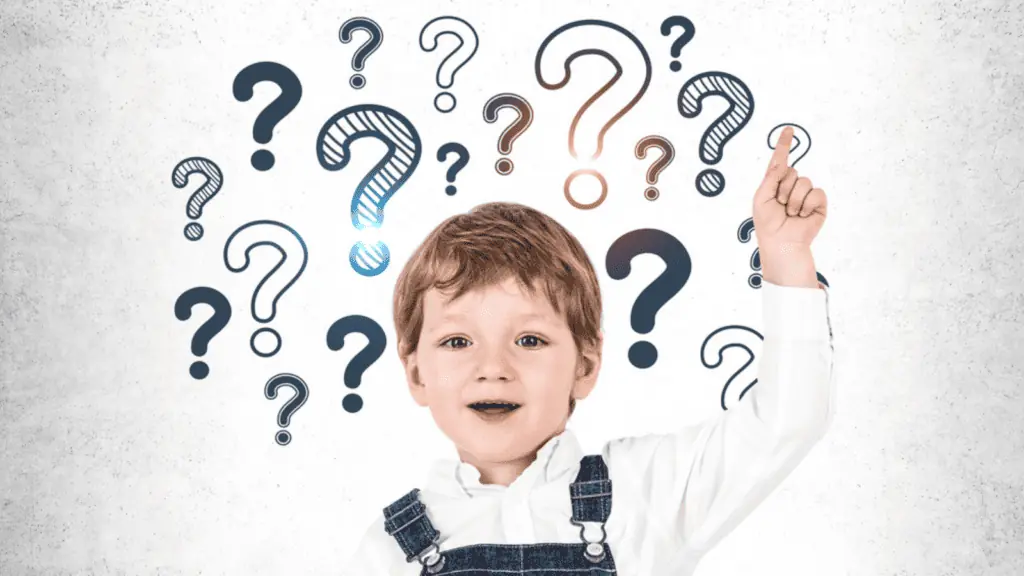
There are enough nicknames for genitalia to fill a thesaurus, but a child needs to know the proper names for their body parts.
A child with this correct knowledge can also report correctly if someone is inappropriately touching them.
23. You Don’t Have to Do What Everyone Else is Doing

Whether it’ peer pressure, societal norms, or some other driving force- a child should know that they don’t have to partake in anything out of guilt. They should follow their own interests and not worry about what other’s are always doing.
20 Hurtful Words Parents Often Say That Affect a Child’s Development

Countless adults sitting in a therapist’s office today are grappling with the lasting impact of words spoken by their parents during childhood. Regardless of how you perceive yourself, in your child’s eyes, you are nothing short of the most remarkable thing to happen to them since “skip intro.” This underscores the critical importance of being mindful of what you say to your children, as your words become the small but influential voice in their developing minds.
20 Hurtful Words Parents Often Say That Affect a Child’s Development
30 Disastrous Baby Names That Parents Sadly Name Their Kids
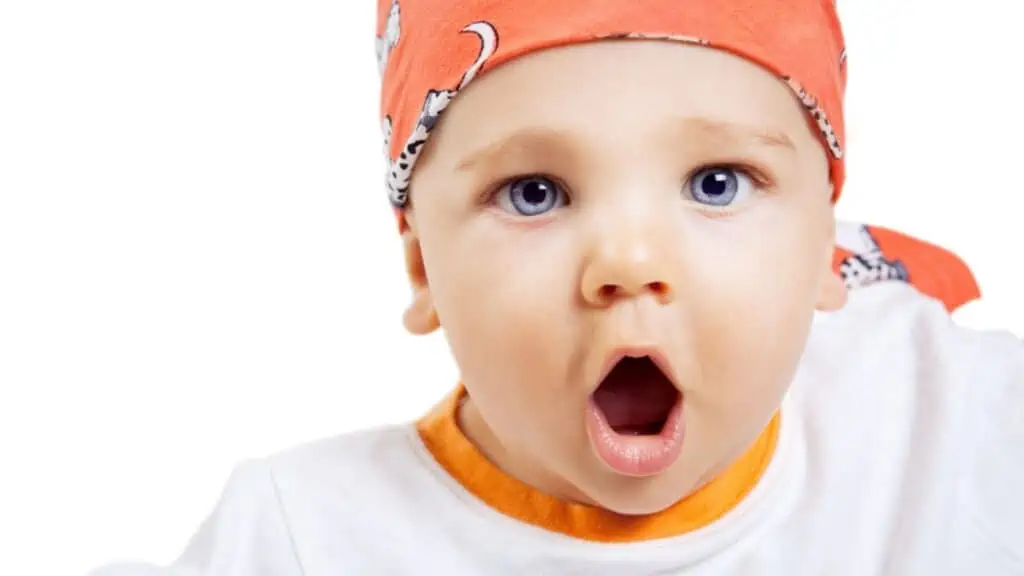
Choosing a name for a newborn is a weighty responsibility for new parents, as it wields a profound influence on a child’s identity. Yet, what unfolds when the selected name emerges as undeniably cringe-worthy? Some parents go to great lengths to deviate from tradition, occasionally venturing into the domain of bewilderment, which leaves others puzzled and scratching their heads.
30 Disastrous Baby Names That Parents Sadly Name Their Kids
How to Be a Good Mother: 16 Practical Tips

Being a mom is one of the world’s most important, challenging, and rewarding jobs. It’s also one of the most difficult to define. What does it mean to be a good mother? There are as many answers to that question, but none of them have anything to do with striving for perfection or doing more.
How to Be a Good Mother: 16 Practical Tips
How to Embrace Your Mom Bod Once and For All

The Mom Bod celebrates the beauty in motherhood and highlights the changes that come with it. This article will explore why this trend is gaining popularity, its implications for body positivity, and how moms can embrace their new figures.
How to Embrace Your Mom Bod Once and For All
The Best Shoes for Pregnancy-According to a Physical Therapist

Going for a walk or strolling around the block can be relaxing, especially when pregnant. However, even a short walk can feel like an arduous journey if you don’t have the right shoes. With the crazy weight gain (thanks to the weird pregnancy cravings) and pressure on your lower body, finding the best shoes for pregnancy and your growing bump is crucial.
The Best Shoes for Pregnancy-According to a Physical Therapist





